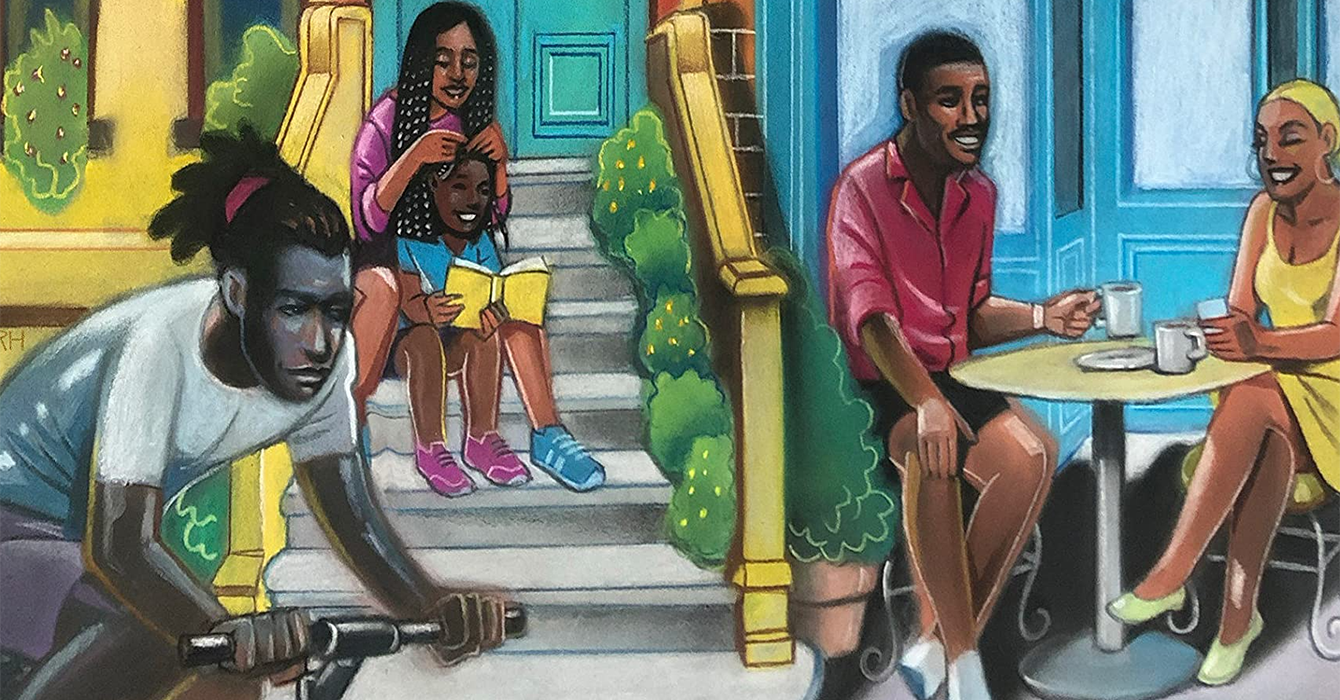A pirate store. The idea is genius in its simplicity.
Not long after moving to San Francisco, I heard murmurings about Dave Eggers’ 826 Valencia. There was no name on the façade, only an address in the city’s mission district. “You won’t miss it,” a friend promised. The room was dark when I entered, but twinkling with maps, compasses, eye-patches, and gold teeth. Children were snaking between shoppers’ legs, moving from one covered chest to another. Hipsters were marveling at the muddied wolf suit hanging in the window, a relic from the indie movie “Where the Wild Things Are.”
I wasn’t there for the pirate booty. What drew me was the real treasure of 826 Valencia’s mission -- a writing center for community kids housed in the back of the store. I was wondering whether it could save the next generation of church leaders.
Dave Eggers, the author of such literary masterpieces as “A Heartbreaking Work of Staggering Genius” and “What is the What,” co-founded 826 Valencia in 2002. The space in which he wanted to run a neighborhood homework center was strictly zoned for retail or food service. Instead of bailing on the vision, the founders simply asked the kids what kind of a theme they most wanted in a store. “Pirates!” they must have screamed with glee, spit springing forth with enthusiastic force. The store became reality, and the author became prophetic for a burgeoning demographic of social entrepreneurs.
The term ‘social entrepreneurship’ gained popularity with the publishing of David Bornstein’s “ How to Change the World.” Enterprises like 826 Valencia show how profits from one arm of a business can fund the activism of another. For example, proceeds from skull and bones tote bags provide resources for student workshops on self-publishing a ‘zine.’ As many churches fret over institutional decline, they forget the strength of listening to the needs of their local communities and responding with entrepreneurial solutions. The church needs just such innovative, flexible, and grassroots initiatives.
There are three main takeaways the church can glean from the success of 826 Valencia.
First, we must be local. The church could follow 826 Valencia’s example by asking itself how the community -- even just within a mile radius around its gathering -- would suffer in its absence. What tangible needs can it meet now in the neighborhood? Are there local business owners with whom to share coffee? Families, even those not connected to the church, not able to pay their bills?
Second, we must be listeners. The founders of 826 Valencia had a vision. They did not come blindly to a group of children and ask them if they would rather do homework or play with pirate toys. Instead, they took their idea to the kids and let them shape it. What would it look like if the church were so participatory? This is not just the responsibility of those in church leadership. It also belongs to those entrepreneurial spirits who are gifted with the ability to vision new possibilities. So many in Generation X and Y leave the church before doing the hard work of offering their unique, and perhaps unorthodox, suggestions for church life. Church leaders must listen, but everyone must speak up (boldly, yet constructively) and claim their stake in the community.
Third, and most importantly, we must be lavish. The kids wanted pirates and so they got some booty. Was pirate paraphernalia practical? Was an eye-patch going to serve a tangible community need? 826 Valencia has a sense of humor about itself -- which is perhaps the church’s greatest lack at present. If the tapestry of the earth does not show us we were made in the image of a lavish God (and one with true wit), we are perhaps wearing one too many eye patches these days.
There is a reason that 826 Valencia has expanded to six more locations across the U.S. and must turn away hoards of eager volunteers every year. Its social entrepreneurship model is making serious change at a tangible level. And it’s doing its work with panache. Perhaps there’s room for a few pirates in our pews.






